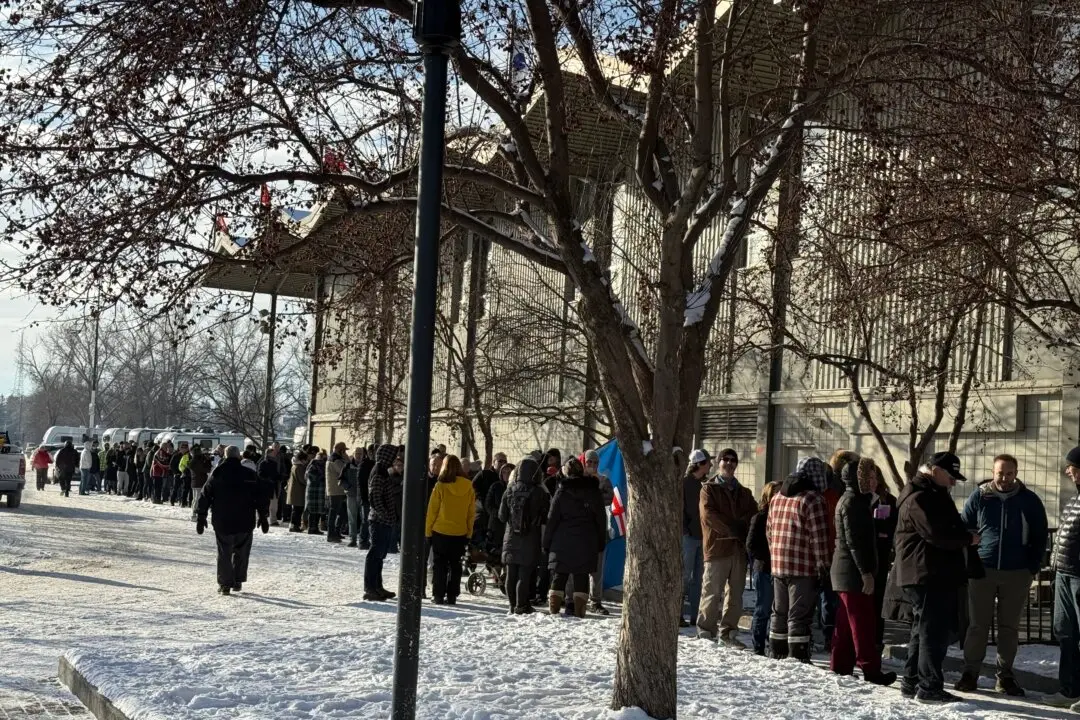Commentary
Whenever COVID-19 infections are on the rise, calls to impose a lockdown begin. Proponents of lockdowns will invariably justify their advocacy by stating that it is what medical experts are calling for. Indeed, physicians, nurses, and virologists will usually support lockdowns as a means of reducing the spread of infections.





